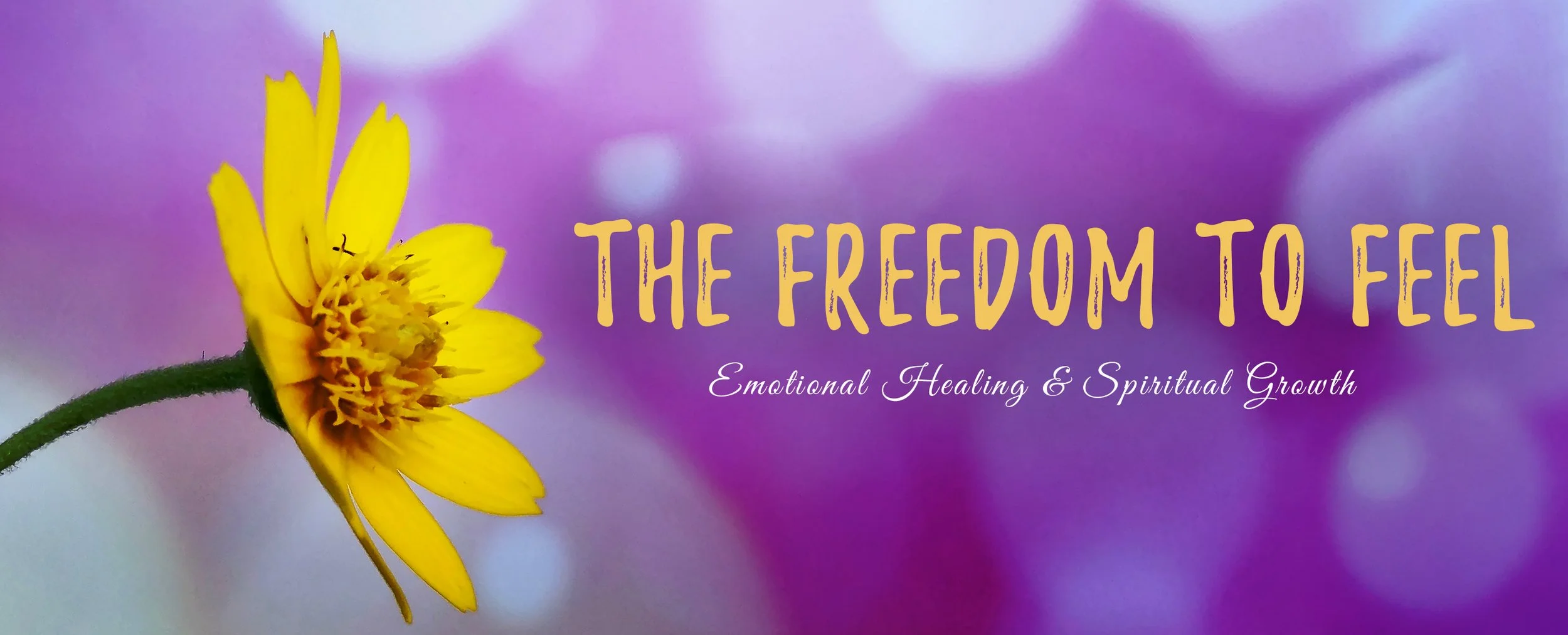Recovery emerges from hope: The belief that recovery is real provides the essential and motivating message of a better future - that people can and do overcome the internal and external challenges, barriers, and obstacles that confront them.
Recovery is person-driven: Self-determination and self-direction are the foundations for recovery as individuals define their own life goals and design their unique path(s).
Recovery occurs via many pathways: Individuals are unique with distinct needs, strengths, preferences, goals, culture, and backgrounds - including trauma experiences - that affect and determine their pathway(s) to/in recovery.
Recovery is holistic: Recovery encompasses an individual's whole life, including mind, body, spirit, and community. The array of services and supports available should be integrated and coordinated.
Recovery is supported by peers and allies: Mutual support and mutual aid groups, including the sharing of experiential knowledge and skills, as well as social learning, play an invaluable role in recovery.
Recovery is supported through relationship and social networks: An important factor in the recovery process is the presence and involvement of people who believe in the person's ability to recover; who offer hope, support, and encouragement; and who also suggest strategies and resources for change.
— Click HERE to speak to a highly trained and experienced psychologists online. https://onlinetherapies.com


